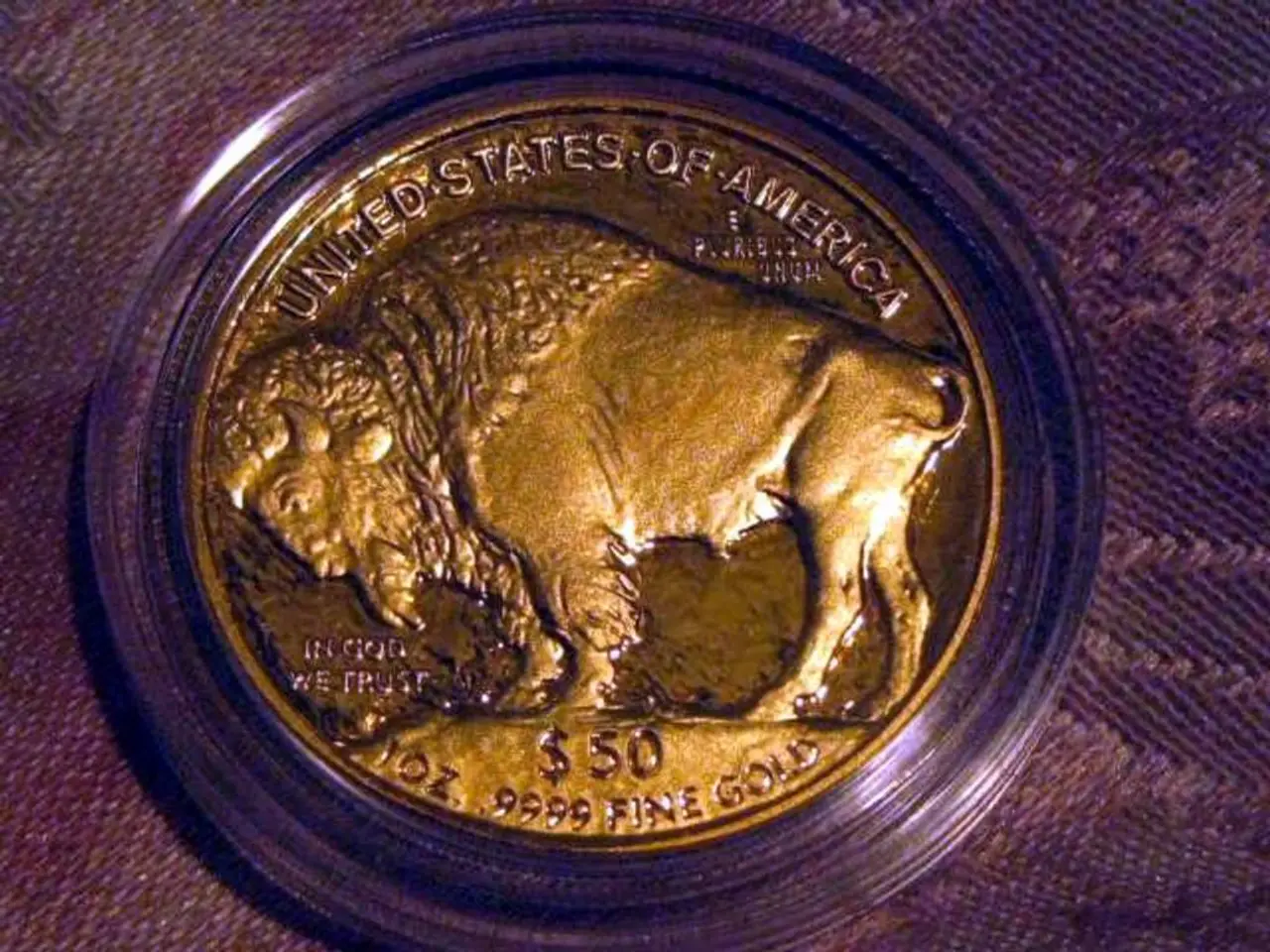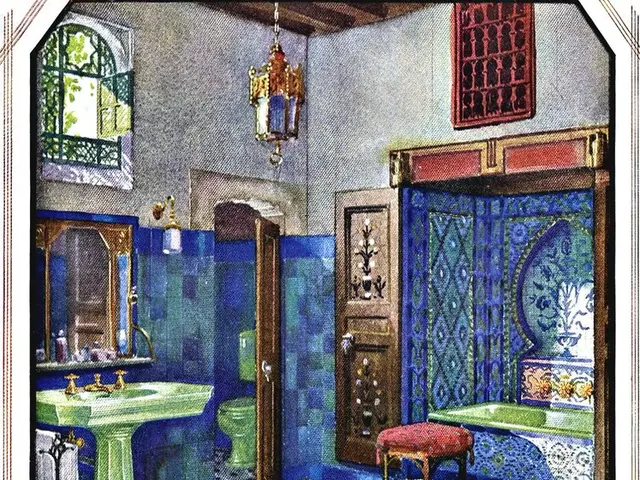Live Updates: Official Dollar Closing and Parallel Dollar Price on August 20, 2023, Minute-by-Minute
In the financial landscape of Argentina, the currency market has been a hot topic of discussion. Here's a summary of the recent developments:
The parallel dollar, a key currency in the informal market, has seen some fluctuations. After a five-peso drop, it has now risen back to $1.340 for sale. Meanwhile, the wholesale dollar, traded in banks, has increased by 0.38%, with a purchase price of $1272.50 and a sale price of $1312.40.
Interest rates for time deposits have been on the rise, with some banks offering almost 50% annual returns due to monetary pressure. This trend has also been observed in the returns of mutual funds and remunerated accounts.
The official dollar, traded at the National Bank, started the day at $1.310 after a $5 drop the previous day. Interestingly, the official dollar is now trading at $1.315 for sale, $20 above the parallel dollar price. The blue dollar, traded in currency exchange houses, is stable at $1.340.
The use of cash is declining in Argentina as virtual wallets for peer-to-peer payments become more popular. This shift has led to the growth of a 'gray economy'.
In the world of cryptocurrencies, Bitcoin has seen a surge and has surpassed US$114,000. The price of gold also rose by 0.91%, now trading at $3389.30. Oil prices showed an increase as well, with the Western Texas Intermediate (WTI) registering a 1.54% increase and being sold at $62.72 per barrel.
The price of the euro has risen by 0.93%, trading at $1515.30 for purchase and $1516.60 for sale. The Dow Jones index of the New York Stock Exchange registered a slight gain of 0.12%, climbing to 44,976.92 points.
The dollar in Mercado Pago, a popular online payment system in Argentina, is trading at $1.308.08 for purchase and $1.281.93 for sale. The financial dollars, including the MEP dollar and the CCL, have also seen increases.
It's important to note that the exact exchange rate for the euro in Buenos Aires on August 20, 2023, is not explicitly stated in the available search results. However, sources suggest that the Argentine peso value against foreign currencies, including the euro, is highly volatile, and unofficial (blue dollar) rates typically offer more pesos per euro than USD rates around that time.
The price of the so-called "card dollar" also rose by 0.38%, trading at $1709.50. The dollar remained stable, with the retail price at $1.315 and the wholesale price at $1.292, marking the twelfth consecutive day of decline.
The black market dollar closed yesterday at $1.320 for buying and $1.340 for selling in the caves of Buenos Aires' City. Overall, the currency market in Argentina continues to show signs of volatility and growth, with the gray economy playing a significant role in the shift away from traditional cash transactions.
Read also:
- Discusses Rasmus Sojmark's thoughts on the Legends Charity Game before SBC Summit
- Stone mining has transformed the once renowned 'Sada Pathor' into a desolate, post-apocalyptic landscape.
- The Developmental Journey of Digital Supply Chains
- In the Heart of Soho, Manhattan, a New Brewery Emerges Underground








